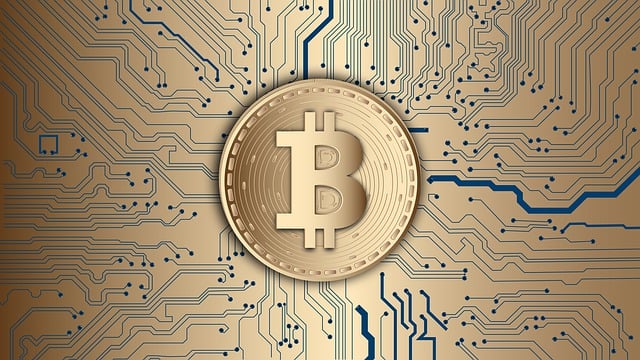Decentralized Finance (DeFi), powered by blockchain, disrupts traditional banking by offering peer-to-peer transactions and enhanced inclusivity. Smart contracts automate processes, promoting transparency. Yet, the lack of regulation presents significant challenges as authorities globally grapple with consumer protection, market integrity, and investor risks associated with DeFi's decentralized nature. Balancing innovation and regulatory frameworks is crucial for DeFi's mainstream adoption while ensuring financial stability.
“Decentralized finance (DeFi) is reshaping the financial services industry, promising greater accessibility and autonomy. This article explores the rise of DeFi as a revolutionary force, examining its potential to unlock new economic opportunities. We delve into the key differences between centralized and decentralized models, highlighting benefits and challenges. With a focus on regulatory landscape, we analyze the unique obstacles facing DeFi platforms and discuss smart contracts as fundamental tools. Additionally, compliance issues are addressed, emphasizing the need for balanced regulation to ensure security and consumer protection in this evolving space.”
- Understanding Decentralized Finance (DeFi): Unlocking the Potential
- The Rise of DeFi: A Revolution in Financial Services
Understanding Decentralized Finance (DeFi): Unlocking the Potential

Decentralized finance, or DeFi, is a revolutionary concept that aims to recreate traditional financial systems on a blockchain network. By removing intermediaries like banks, DeFi platforms enable direct peer-to-peer transactions, fostering a more inclusive and accessible financial ecosystem. This innovative approach leverages smart contracts to automate processes, ensuring transparency and security. The potential of DeFi is immense, offering services such as lending, borrowing, decentralized exchanges, and yield farming, all without the need for centralized authority.
However, alongside its promises, DeFi also presents significant regulatory challenges. As a relatively new and largely unregulated space, it faces scrutiny from financial authorities worldwide. Concerns include consumer protection, market integrity, and potential risks to investors due to the lack of traditional safeguards. Balancing the desire for financial innovation with the need for regulation is an ongoing debate, especially as DeFi continues to attract significant investment and gain mainstream attention.
The Rise of DeFi: A Revolution in Financial Services

The advent of decentralized finance (DeFi) has sparked a financial revolution, dismantling traditional banking models. By leveraging blockchain technology, DeFi offers an open, transparent, and accessible financial ecosystem. Users can participate in borrowing, lending, trading, and yield farming without relying on intermediaries like banks. This shift empowers individuals to manage their finances directly, fostering financial inclusion globally.
However, as DeFi gains traction, regulatory challenges emerge. The decentralized nature of these systems presents unique complexities for financial regulators. Concerns revolve around consumer protection, market integrity, and potential risks associated with smart contracts. Balancing the innovative potential of DeFi with robust regulation is a delicate task, crucial to ensuring both financial stability and the widespread adoption of this revolutionary technology.
As decentralized finance (DeFi) continues to evolve, navigating its regulatory landscape becomes increasingly vital. While DeFi offers unprecedented financial access and innovation, addressing its current challenges is essential for widespread adoption. By fostering collaboration between regulators and the DeFi community, we can unlock the full potential of this revolutionary financial system while ensuring consumer protection and stability.
